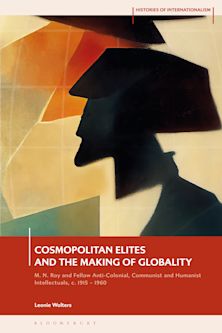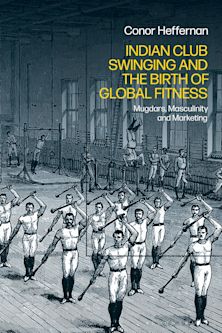Child, Family, State
Adoption in Germany, 1900-2021
Child, Family, State
Adoption in Germany, 1900-2021
Description
This book explores how adoption evolved in Germany's turbulent twentieth century, experiencing both drastic changes and unexpected continuities.
The history of adoption in twentieth-century Germany has been dramatic and complex. The Weimar Republic's assumption of responsibility for children's welfare in 1922 empowered state authorities to regulate private adoption agencies, to set up their own public adoption offices, and to require prospective adoptive parents to prove their competence to social workers. These policies subsequently allowed nazis, communists, and democrats to frame adoption policies to match their social and political goals and values. Differing conceptions of the best interests of the child and the family, redefinitions of “family”, changing criteria for a family's or child's suitability for adoption, abduction, international adoption, and even European integration all came into play, empowering authorities to define, regulate and sometimes even forbid adoptive relationships to that end. The evolution of German adoption and German society reflected each other, showing both fundamental changes and unexpected continuities, and deepening our understanding of both.
Table of Contents
Introduction
1. Adoption in Germany Through the Kaiserreich
2. Adoption in the Weimar Republic, 1919-1933
3. Adoption in the Third Reich, 1933-1945
4. Adoption During the Occupation, 1945-1949
5. Adoption in the Federal Republic, 1949-Present
6. Adoption in the German Democratic Republic, 1949-1990
Bibliography
About the Author
Product details

| Published | 04 Sep 2025 |
|---|---|
| Format | Ebook (Epub & Mobi) |
| Edition | 1st |
| Extent | 328 |
| ISBN | 9781978759381 |
| Imprint | Bloomsbury Academic |
| Publisher | Bloomsbury Publishing |
Reviews

ONLINE RESOURCES
Bloomsbury Collections
This book is available on Bloomsbury Collections where your library has access.


































